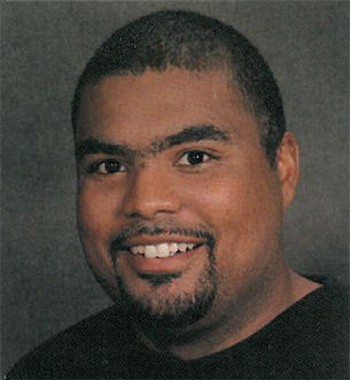
High-school graduation signifies a rite of passage celebrated by most teens as a time of independence and opportunity, when teens move from their parents' homes into college residence halls, enlist in the military or gain employment. When teens take the leap into the adult world, their families often provide financial and emotional support. While most young adults have the support of family members through their early 20s, this is not the case for young people aging out of our nation's foster care system. Foster youth must exit care by 18 (in some cases 21), whether they are ready or not. Social workers play a vital role when a young person transitions from foster care to independence.
The U.S. Department of Health and Human Services (HHS) reports that there are 565,000 children in our nation's foster care system on any given day. Each year 20,000 teens age out of foster care without returning home to their birth parents. In contrast, the U.S. Census Bureau reports that many American teens remain at home well into adulthood or return after trying to make it on their own.
Realistically, how many young people are ready to live on their own at age 18, with sufficient skills and resources to obtain and pay for their housing and all other needs?
Many former foster teens, especially those who have been in foster care for an extended time, have difficulty establishing themselves as self-sufficient, independent adults. They often lack the educational preparation, work experience and support networks to make a successful transition from being wards of the state to being on their own.
I was one of those youths who the foster care system cut loose one week after I graduated from high school in 1995. I spent 11 years moving between California group homes, foster homes and children's shelters. My experiences often left me feeling angry and lonely. Can you imagine moving 11 times in four years? I internalized each move, social worker and group home as rejection.
Despite the bleak situation, there was a turning point in my life. My social worker looked beyond my immediate needs and empowered me to start thinking about my future. She referred me to a federally-funded program aimed at preparing foster youth for self-sufficiency when they leave care.
The program Independent Living (IL) offers services to teens in foster care such as budgeting, apartment hunting, job readiness, educational counseling, and interpersonal ski lls. One of the most crucial components of the IL Program was being connected to a caring adult who became my mentor, filling gaps that otherwise might have been fil led by an older brother, uncle, cousin or father - all those people missing in my life.
Studies have documented that many former foste r-care children have poor educational outcomes, difficulty obtaining and maintaining employment and experience homelessness after leaving foster care. These dismal outcomes reached Congress's attention in the late 1980s and resulted in funding of the IL Program. However, the condition of foster youth did not improve with the IL Program, which was severely underfunded and not promoted effectively. Congress took additional action by passing the Foster Care Independence Act of 1999. I worked on implementing the 1999 Act through my field placement at the HHS Administration for Children and Families, Children's Bureau in Washington, DC. My contributions included writing a status report of IL for Congress, assisting with the national program instructions and assisting with a memo of understanding regarding the Chafee Foster Care Independence Program. I also served on a standing work group for the National Evaluation of Title IV-E Foster Care Independent Living Programs. These activities allowed me to learn firsthand how national policy is enacted and gave me the opportunity to influence and shape a national program that affected my life personally.
Social workers are on the front line with teens in foster care every day, and they can have the greatest impact on the critical move to independence. They are the information brokers who can empower teens with the information and resources they need to transition from foster care to the adult world successfully. Social workers can make the difference between a young person floundering and failing, or striving and succeeding.
-Alfred Perez ('01) is a Research Associate at Westat (a social science research firm in Rockville, MD), where he works on the National Head Start Impact Study and Creating a System of Accountability for the Federal Chafee Foster Care Independence Program. He also serves on a national committee studying the over-representation of children of color in the child welfare system.